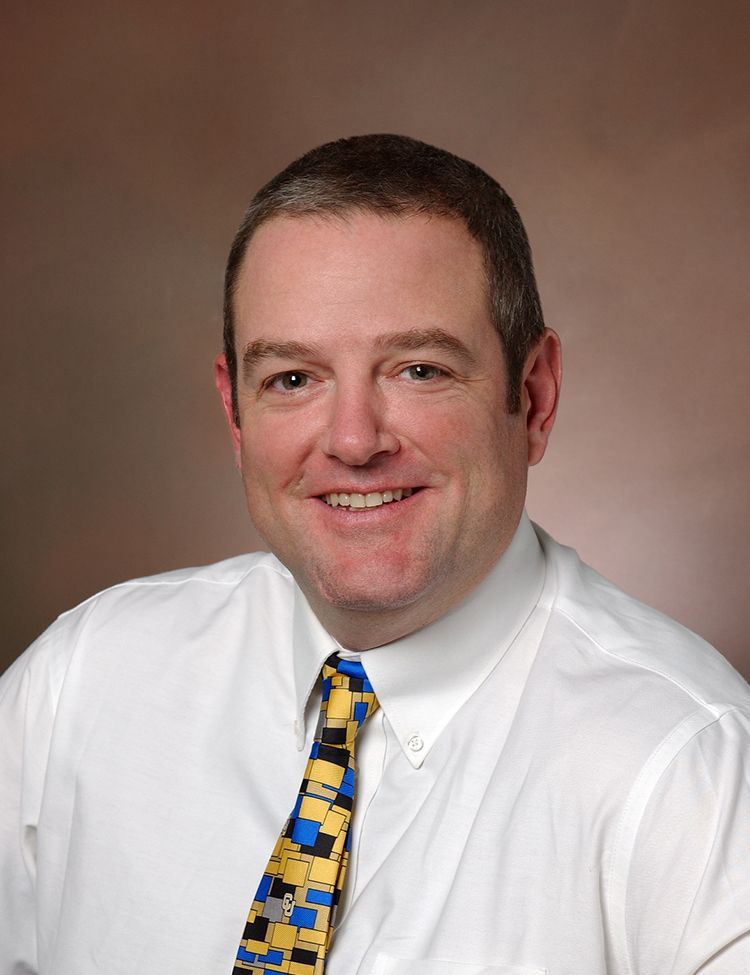No Longer Fiction: Artificial Intelligence and Modern Cardiology
Dr. Gregory Weiss reflects on the history of artificial intelligence in cardiology and offers perspective on its evolving role as artificial intelligence has demonstrated its ability to improve care and clinical decision-making.
Gregory Weiss, MD

The American College of Cardiology (ACC) has long been the flagship for advancement in cardiovascular science and care. Dedicated to the mission of improving the health and wellbeing of humanity through research and practice aimed at prevention, diagnosis, and treatment of a broad spectrum of cardiovascular diseases, the ACC is constantly evolving to meet the challenges of the day. Key to this mission is a commitment to innovation. Healthcare is changing rapidly. Transformational change has infiltrated nearly every industry as a direct result of consistent technological advances in computing power and data management. Emerging technologies such as machine learning algorithms and artificial intelligence now make it possible to analyze and distill massive amounts of patient data very rapidly. The ACC has seen the writing on the wall and is now seeking answers to questions that have always been too broad to examine, until now.
The ACC recently unveiled its commitment to health care transformation through technology at a summit held in October of 2020. The formation of the Applied Healthcare Innovation Consortium (AHIC) represents an effort on the part of the ACC and industry partners to revolutionize cardiovascular care through what they call a digital transformation.1 To this end, the consortium has identified 3 key innovations that will change practice and impact patient care:
- Migration from point of care to virtual care.
- An increase in remote monitoring of patients using wearable sensors and telemedicine.
- A change to care driven by artificial intelligence (AI) capable of interpreting patient data, risk prediction, and improved care decision making.1
The AHIC proceeds from the assumption that all work is collaborative spanning many disciplines with a single patient-centered goal that is to improve the lives of real people. The project has attracted a who’s who of the cardiology world all eager to contribute to this technological transformation. Sanjeev Bhavnani, MD a leading expert in cardiovascular care innovation at Scripps Memorial Hospital In La Jolla, CA highlights the timely rise of virtual care during the COVID-19 pandemic and the unprecedented opportunity we have to expand this technology even further.2 During the 2020 AHIC summit collaboration was a salient point throughout. While change is difficult and often costly the potential impact on patient care could be monumental.
So, what is the vision the consortium has for the future of patient care? Among the most recent advances in healthcare technology, miniaturization and data management stand out as the real game-changers. Previously, the logistics of monitoring and managing large numbers of patients either on inpatient wards or out in the community required more boots on the ground then was feasible. With persistent nursing shortages and financial shortfalls, it has been the patients who have suffered. New technologies such as edge computing, machine learning, and artificial intelligence may be the answer to these problems.
The AHIC envisions small, connected, wearable sensors capable of monitoring the vital signs of patients both on the wards and ultimately in the community. Sensors relaying continuous patient data to hardware and software capable of determining what is important and what is not then communicating to clinicians a global risk score. Such a score would be based on validated metrics and capable of alerting clinicians to potential deterioration in health. In addition, artificial intelligence can instantaneously provide the treating provider best evidence treatment options while alerting a multidisciplinary team.
The 2020 AHIC summit was a major step forward for the American College of Cardiology. John Rumsfeld MD, the ACC’s chief innovation officer believes that collaboration is the key to successfully achieving transformational change in the practice of modern cardiology. While still in the brainstorming and team-building phase of this endeavor the broad strokes have been drawn with the AHIC serving as a catalyst in identifying priorities, accomplishing tasks, and making progress in specific and practical ways to impact clinical care.1
While buzzwords like artificial intelligence and thinking computers garner press and peak interest it is also important to the ACC/AHIC that no one be left behind. To that end the consortium took time to address health care disparities for women and disadvantaged communities while highlighting the need for universal affordable broadband access as crucial if expanded telemedicine and virtual monitoring are to be successful.
There is no doubt we are at a crossroads. The world is much smaller than it has ever been. The internet, like a brain, is constantly making and bridging seemingly neuronal networks connecting previously distant populations and increasingly massive amounts of data. Hopefully, through technology, we can continue to improve the quality of life for everyone.
Reference
- https://www.acc.org/-/media/Non-Clinical/Images/About-ACC/Innovation/Applied-Health-Consortium/AHIC-Statement.pdf?la=en&hash=1C2BE9F9E83E7A1C4213C1C9A654A0A38F55AC90#:~:text=Our%20premise%20is%20that%20we,start%2Dup%20and%20regulatory%20leaders.
- https://www.acc.org/Latest-in-Cardiology/Articles/2020/12/01/01/42/Virtual-Care-Moving-Forward-Together